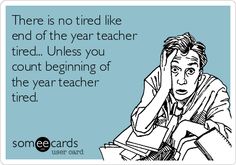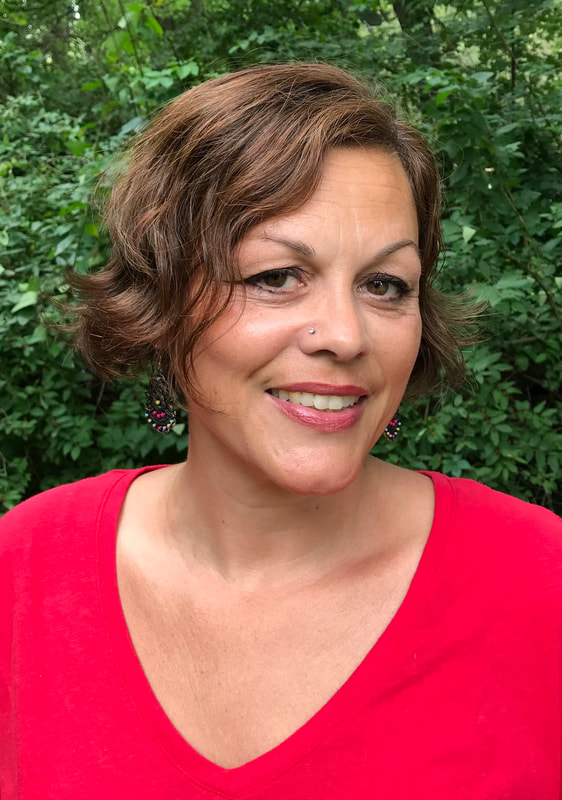|
Growing up in a small Western Mass. town, I was one of three students of color that I remember in my Junior/Senior High School. The only three in grades 7-12. I had come from a bilingual preschool in NY, and then a tiny, parent-run multicultural philosophy-based alternative school based at the university. That school closed after my fifth grade class graduated. Suddenly I found myself amidst an almost all-white student body, kids who had known each other all their lives and whose families had grown up in town also.
A few years after starting school there, my neighbor, who waited at the bus stop with me, called me "spic" - the first time that had happened to me. A few doors down, another neighbor used to shoot his BB gun at our dog, yelling, "Get that stupid Puerto Rican dog out of my yard!" When I went on a school trip to New York, one of my classmates shouted, "Duck!" as we drove through the Bronx. Needless to say, I was straddling 2 very different worlds. At school, many teachers mispronounced my name. I never quite felt like I fit in - except for with my good friends. There were 2 teachers who stood out from all the others; they are the ones I think of when we are asked that prompt in professional development, "Think back to your favorite teachers - what was great about them and how do they influence your teaching?" I feel forever grateful to them for their teaching and for making a place for me at school. One of these teachers I was lucky to have coffee with this weekend. I still vividly remember a unit on the Holocaust that Mr.Hansbury taught us. He respected us enough and treated us like mature people by showing us graphic photos of Jews in concentration camps. My friends and I spent countless hours of our free time in Mr.Hansbury's little office working on organization and other projects he gave us - or sometimes just hanging out. We like to call him "Bob" teasingly, but to be truthful I can't even call him Bob today! Once, I wrote a paper for class and Mr.Hansbury gave it back to me with a big "B-" on it and a note saying "You can do better than this." I was mortified and upset, but my mom thought he was being helpful by giving me another chance. I rewrote the paper and got it back with a much better grade and having learned a lesson. I was certainly more careful about my work after that. Madame Christian was my French teacher from 9th - 12th grades. She will always be remembered by the phrase "en francais, en francais!" as she tried so hard to get us to speak in French. Little did I know that I would be repeating that phrase myself at my first teaching job 11 years later! Madame was the only French teacher at our school and she worked hard at it, always trying to have interesting activities for us. She planned a memorable trip to Quebec for us, and there it was - I was hooked on French and francophone culture. When I was 29 both Mr.Hansbury and Madame attended my wedding. Madame sends me yearly anniversary cards. When I think back on these teachers and what was so special about them, this is what I remember: - they took the time to foster relationships with their students, even before many books were written about the subject - they respected us - I never felt judged by them, as I did by other teachers and students - I felt they understood my background and culture - I felt I had a place in their classrooms - They pushed me - gently - They pronounced my name correctly It should be no surprise that I double majored in French and Anthropology in college. I am so thankful to have been in the classrooms of Madame and Mr.Hansbury. I can only hope that some of my students will feel the same about me years after being in my classroom. I want them to know that the huge impact that they had on me as a student and as a teacher. Thanks and merci!!
9 Comments
This week my blog post is late because I didn't know where to begin. I've been thinking obsessively about the workshop model.
The workshop model, the brainchild of Lucy Caulkins and Carmen Farina, is new for us at my school. Some time last year it was decided that this model was the right one to address our sliding state test scores and our "changing demographic". First, our faculty meetings started following this format. The idea is that the teacher acts as more of a facilitator, getting students started thinking at the beginning of class with an activator, then teaching the material for the day in a mini-lesson, then providing work time for students to hash it out in groups. At the end of the class, the teacher does a formal or informal check-in with the class. Each component has a recommended amount of time attached to it. At the beginning of the year, I embraced the idea of adopting this model. One, because there was no choice. Two, I was trying to stay optimistic. At the start of week 4 of school, though, as I become more familiar with the model, my doubts are growing. This is not a criticism of our coaches, or of our principal. I just think we need to approach using any kind of model critically. Here are the pros I have found so far: - provides structure - good especially for beginning teachers - students know what to expect in each class The cons: - a model that works best for ELA - I find it very rigid (what if one day you want to extend your lesson beyond the 10-15 minutes recommended?) and scripted. - not great for beginning ELL students - patronizing for experienced teachers In the workshop model, the work session consists of students figuring things out mostly in groups. My ELL students, especially when they first arrive in the U.S., are not accustomed to working in groups and helping each other. Whether I put them in cross-language or same-language groups, so far I have had limited success. On Friday, one of my students ended up not speaking to her partner, and another one ended up in tears. I don't think they shouldn't ever work in groups, but I do think it's a skill they have to learn - little by little. We are, of course, not even at the end of September. Maybe as the teachers at my school get more used to the model, and if we are able to discuss ideas that worked with each other, and if we are given time to figure it out ourselves, AND if we are able to reflect on it as a faculty to decide if it is working or not ....then MAYBE it will be the right model for us. Trying to stay optimistic. Thoughts? The NYC public school system adopted this model in 2004. Here is more information, and a critique, of it:
http://lizditz.typepad.com/i_speak_of_dreams/2005/09/the_workshop_mo.html
 Summer, as always, went by way too quickly. I know that as a teacher, I'm lucky to have the time off that I do. I appreciated every minute of that time - and I needed it. Of course, many of us work in the summer too. Professional Development, teaching summer school, running camps for kids or programs for adults, even bar tending. Even so, summer has a different feel and is easier on the body and mind. When we came back to school, I definitely felt refreshed and ready for a new year. As tired as I am at the end of only our second week (and not even a full week!), I feel good about how the year started. We had a lot to get used to this year: new schedules, new model for teaching (workshop model), co-teaching, lots of new ELL students for me to test. Luckily, teachers are some of the most flexible people I know - because we have to be. We keep right on doing our job, incorporating all these changes seamlessly; it's as if we have always been doing these things. Our new 7th graders (of which my daughter is one) seem pretty great so far - although I see the honeymoon period ending with a few of them. Even so, nothing like the challenges we faced last year with our 8th grade. They get excited about reading and writing and science and math. Some of them are self-professed nerds (love that!), some are athletic AND nerdy, which is something you couldn't be when I was in 7th grade; they run the gamut of possibilities and they bring a lot to our school. Teachers are resilient and hopeful - more things I admire so much about my colleagues. As bad as the year was for many of us last year, we came this year with smiles and good intentions. I didn't like how I felt most days last year and how the only solace I found was in my classroom when I closed the door. I don't like "just doing my job". I want to do it well, to contribute to our building and community in a constructive way. After a meeting with a consultant working with our school on restorative practices (for us, not the students) I have renewed hope that this can happen this year. Fingers crossed. |
|

 RSS Feed
RSS Feed
